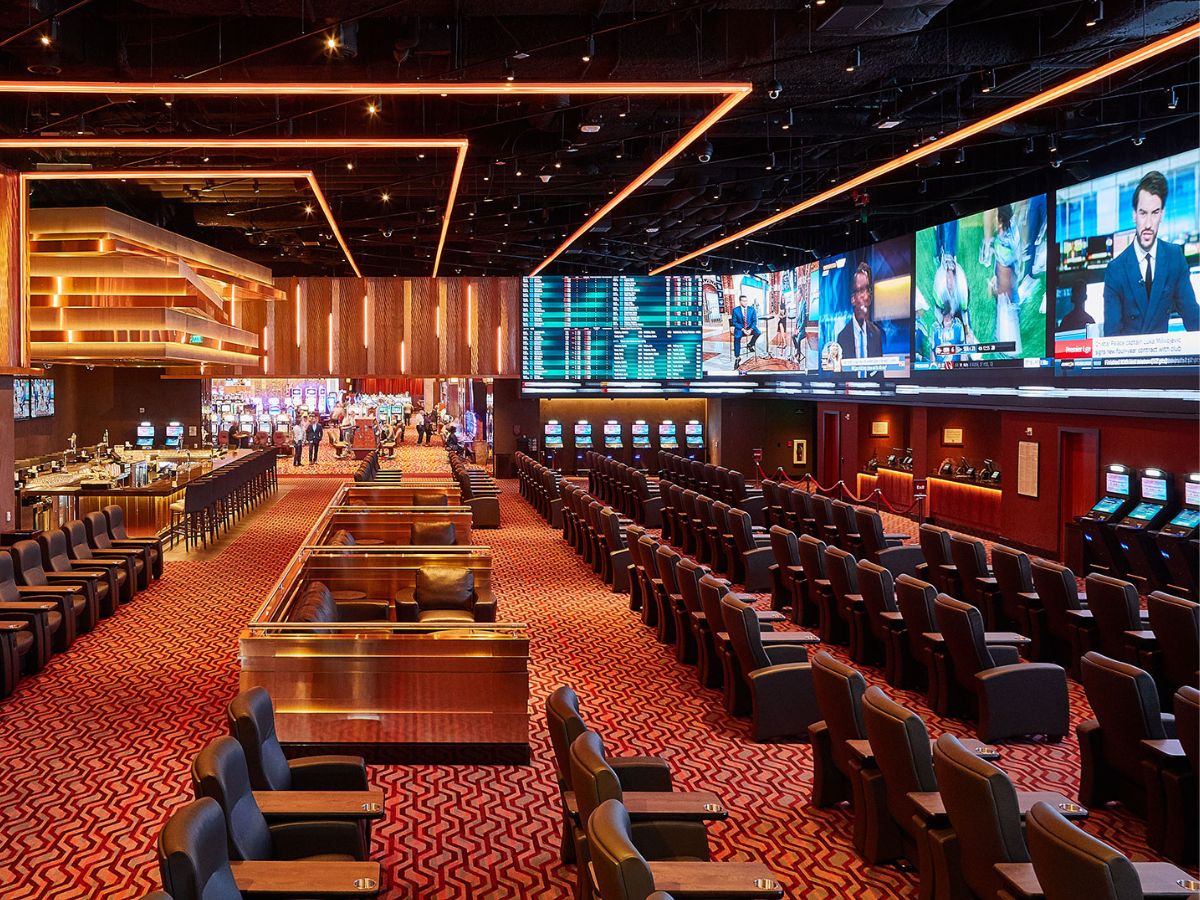
A realm of gambling games is constantly changing, shaped by dynamic laws, technological advancements, and shifting consumer preferences. MCW77 While authorities and regulatory bodies strive to create a safe and fair environment for players, the landscape of casino regulations is undergoing significant modifications. Understanding these shifts is essential for both casino operators and players looking to navigate the exciting yet intricate world of gambling.
In recent times, numerous regions have suggested and implemented new policies aimed at enhancing the protection of players while encouraging safe gambling. These developments not only impact the varieties of gambling games offered but also how they are advertised and obtained. In this article, we will examine the latest regulatory updates, their consequences for the industry, and that which players can look forward to as they engage with their preferred casino games.
Revised Governance Frameworks
Recent changes in game regulations are shaping the future of gaming games across multiple regions. Governments are acknowledging the importance for a strong oversight system that not only safeguards players but also ensures just competition and responsible behavior. These systems are developed to address issues such as online gaming, virtual currencies, and innovations in the technological field, reflecting the changing landscape of the gaming sector.
One major development is the adoption of tighter regulations regarding transparency and consumer security. Casinos are now required to disclose transparent information on probabilities, winnings, and the potential hazards involving gaming. This shift aims to enable customers by making them make educated choices while also helping to address gambling issues through responsible gambling practices. Gaming providers are required to implement self-banning programs and provide support for individuals seeking help.
Additionally, emerging rules are being applied to emerging innovations such as VR and distributed ledger technology in casino activities. Regulators are establishing standards to assure that these advancements maintain integrity and fairness while also safeguarding gambler information. As the sector progresses, authorities are adjusting to confirm that innovations improve the gambling atmosphere while safeguarding both gamblers and entities.
Effect on Gaming Variety
The new changes in casino game regulations have created novel pathways for games, allowing for greater breakthroughs and diversity within the sector. As authorities refresh their guidelines, developers are motivated to design distinct game offerings that address a wider market. This has produced a vibrant array of new games, incorporating multiple themes, genres, and features that were previously ignored or restricted by tighter policies.
With a looser regulatory framework, gaming establishments are now free to experiment with different game styles, including games of skill and interactive experiences. This change has led to a boom in fusion games that mix conventional casino components with modern gameplay trends, such as video gaming and augmented reality. By broadening the game offerings available, gaming venues can appeal to not only seasoned gamblers but also non-professional players who may favor alternative choices.
In addition, the development of standards has emphasized transparency and fairness in gambling, which could build increased confidence among players. As a benefit, consumers are more willing to try a broader selection of gaming experiences, understanding they are interacting with platforms that comply with updated standards. This growing confidence enhances engagement and can ultimately drive revenue growth as more varied choices cater to different preferences and audiences in the gambling landscape.
Emerging Transitions in Oversight
As the gaming landscape changes, regulators are more and more focused on adopting tech-driven solutions to enhance transparency and justice. The adoption of crypto technology into casino operations is projected to gain ground, allowing for greater oversight of operations and ensuring that games remain just and tamper-proof. This transition could lead to a regulatory framework that embraces these improvements, promoting confidence among gamblers and providers alike.
In addition to digital incorporation, there will likely be a stronger emphasis on safe gaming methods within the regulatory environment. Authorities are predicted to implement stricter measures to promote player protection, including mandatory self-exclusion programs and effective age verification processes. This change aims to safeguard susceptible populations while ensuring that the enjoyment of gambling activities is upheld for considerate gamblers.
Lastly, as digital gaming continues to grow globally, alignment of regulations across different areas will become a urgent need. Countries may seek to work together more closely on common standards for licensing, operation, and taxation. This could lead to a more simplified regulatory framework for international operators, fostering a greater acceptance of internet gaming platforms while maintaining strong of player protection and integrity in the gambling industry.
